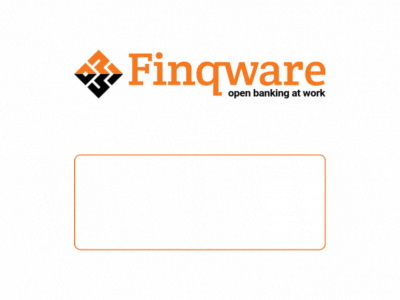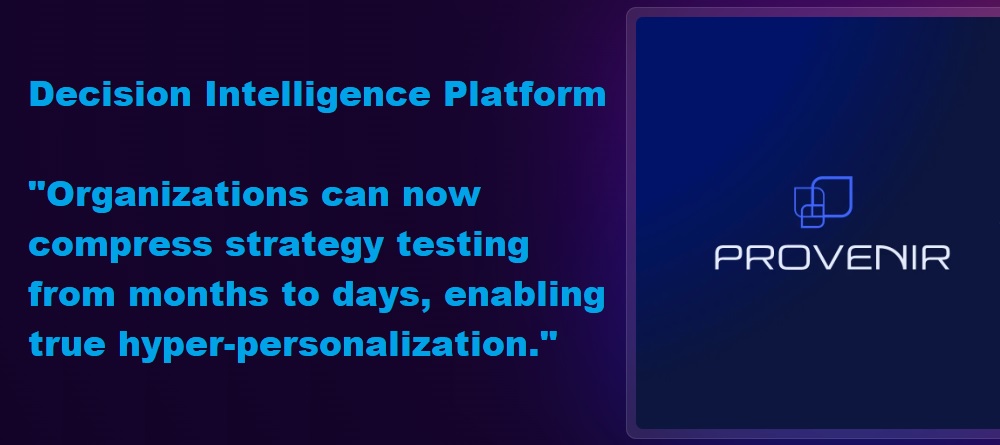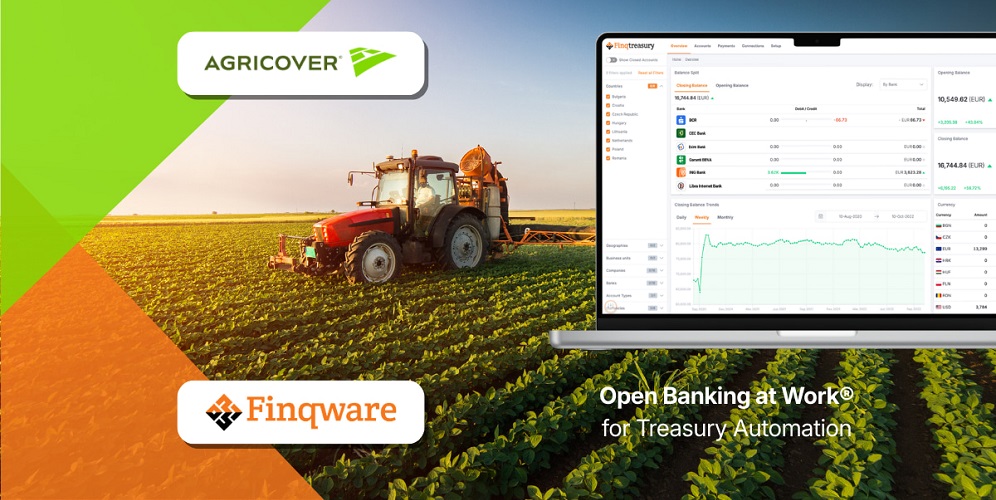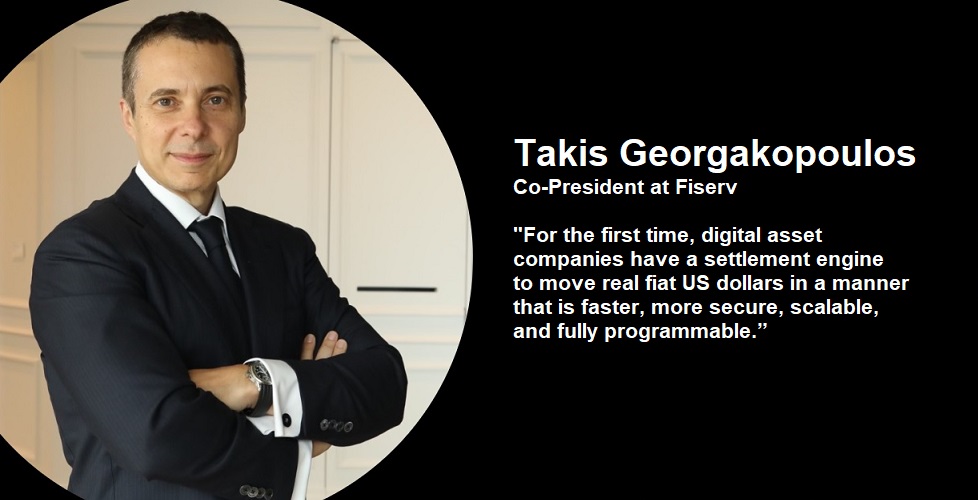Open banking: Apple vs banks

It was a matter of time. Apple and traditional banks go to war over open banking. Of course, that’s only the façade – root causes go far deeper. Let’s take a look.
an article written by Panagiotis Kriaris, Head of business Development at Unzer and member of the Advisory Board at Banking 4.0
Back in Nov 2023 Apple announced in the UK a new feature for Apple Pay users to connect their bank accounts to the Apple wallet, so that they can: view all their information (card & account details, payments, spending history, etc) in one place, exert control over their finances and make better purchase decisions.
How did they do it?
Using open banking and one of its simplest use cases to get access to information held by banks.
As a reminder: Apple bought in 2022 UK fintech start-up Credit Kudos, which uses open banking to collect (bank) data to measure consumers’ creditworthiness.

Apple Pay is nothing more than a contactless payment method that works with Apple devices. Its combination with Apple Wallet has proved very powerful for the simple reason that it adds value far beyond payments (tickets, boarding passes, driving licenses, vaccination records, loyalty cards, etc). Additional functionality such as that facilitated by open banking is working exactly in the same direction, positioning Apple at the center of our financial lives and beyond.
UK incumbent banks (whose clients’ data Apple accesses via the feature) did not particularly like the move:
. In a letter addressed to the FCA (Financial Conduct Authority) they accuse Big Tech firms of gaining an (unfair) competitive advantage via access to such data sources, with a direct reference to Apple Pay.
. Their argument says that UK banks funded the creation of open banking, but Big Tech is able to access it at no cost and without any obligations and guarantees, effectively supplanting the UK FinTech market.
What exactly do they fear?
That this is only Apple’s first step in a further and heavier push in financial services in the UK, much like it has done in the US, where it offers a savings account, a credit card, and a Buy-Now-Pay-Later offering.
That they are losing the game on their own turf, not being in a position to beat Apple on innovation, user experience or their ecosystem play.
Are they right to complain?
Sure, there are fair points to consider in their arguments, but:
. Banks had for decades the monopoly of getting customers’ data and of scraping them for their own purposes.
. The whole idea of open banking is exactly what the banks complain about: open data to third parties to build innovation on top. Their participation was not voluntary, whereas the obligations they had to assume are a direct outcome of their center role in the finance system.
. Will this benefit consumers? As the fintech experience has shown, yes.
. Nobody stops banks from playing at the other end of the game. Sure, it’s not easy, but it’s certainly doable.
It’s all about access to data.
Dariusz Mazurkiewicz – CEO at BLIK Polish Payment Standard
Banking 4.0 – „how was the experience for you”
„To be honest I think that Sinaia, your conference, is much better then Davos.”
Many more interesting quotes in the video below:












